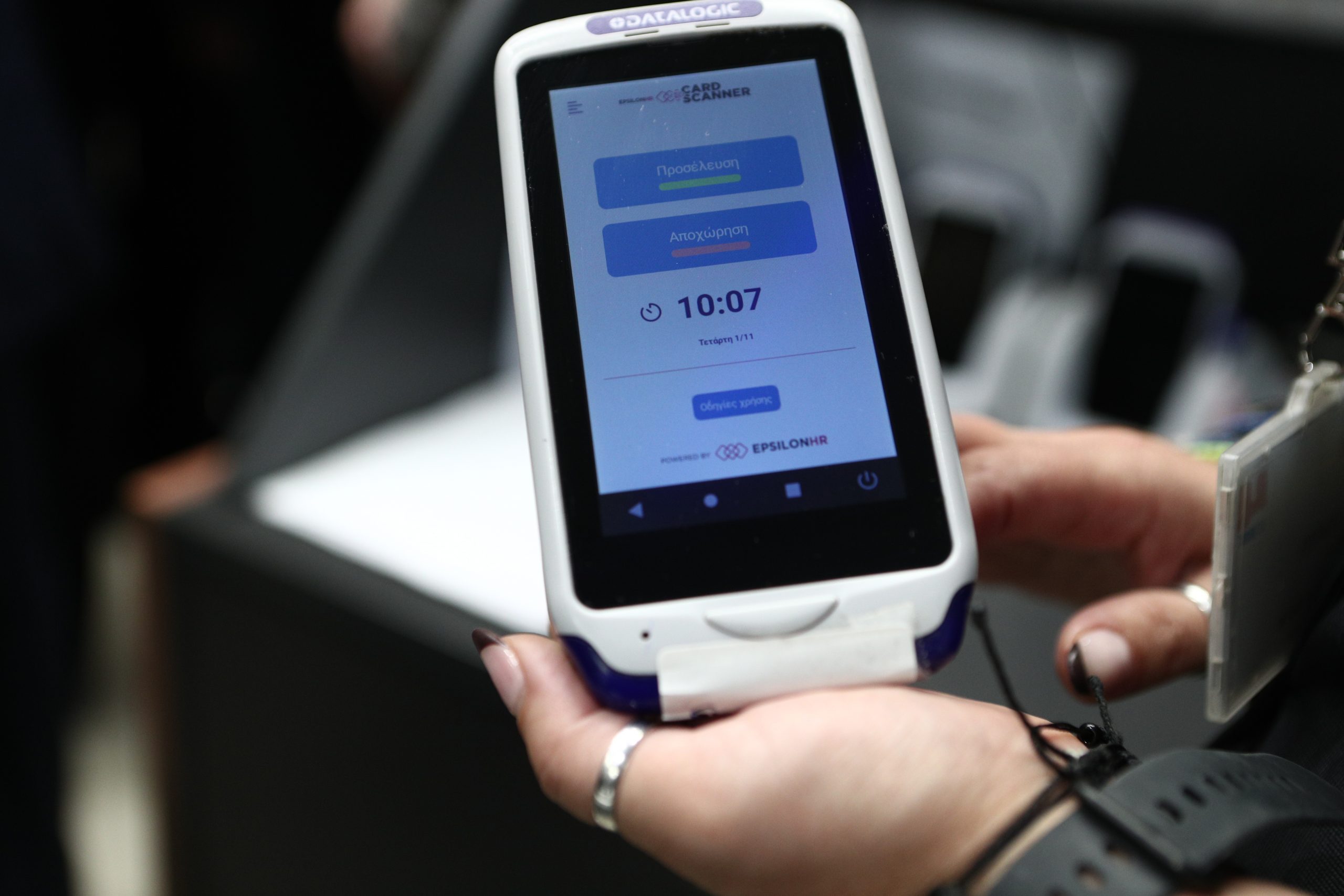In recent years, the proliferation of digital services, primarily through the gov.gr platform, and the widespread use of information systems such as Taxis, Electronic Prescription, Cadaster, the highly touted Electronic Data Interchange (EDI), and mobile applications accompanying many existing services, are shaping a new type of bureaucracy, digital bureaucracy.
The initiation of recording public sector processes in the National Registry of Administrative Public Services (mitos.gov.gr) and their simplification within the framework of the National Policy on Administrative Procedures (diadikasies.gov.gr) represent positive steps of the last four years. However, it seems that they have lost their initial momentum and are not being leveraged to reduce bureaucracy. The lack of political will for the complete documentation of procedures, the delay in the necessary simplification of complex bureaucratic processes across various public sectors, and the underutilization of tools such as Mitos and the “Bureaucracy Observatory” will negate the expected benefits of implementing hundreds of IT projects with a total value of around 3 billion euros to date.
These gaps in digital policy in Greece have been identified by successive reports from the OECD and the European Commission, yet there seems to be little disposition for corrective actions. Instead, we are gradually witnessing the assignment of hundreds of new IT projects that are disconnected from each other, do not leverage the knowledge generated by the National Policy on Administrative Procedures, do not follow open standards that would allow their complementary function in the near future, and, most importantly, projects that, after their delivery, will not only fail to interoperate effectively with each other and with gov.gr but will also require hundreds of millions of euros annually for maintenance.
To break away from the lower ranks in various European Union digital readiness indicators, there is one solution: to intensively continue the documentation and simplification of the most costly public sector procedures promptly before implementing any new IT projects. This will prevent the digitization of bureaucracy. Simultaneously, the valuable knowledge accumulated in Mitos should be utilized to identify digitization and simplification actions with an impact on multiple processes, achieving cumulative benefits.
The development and operation of public information systems must emphasize interoperability and open standards, reuse, and open-source software, providing flexible implementations. Flexible implementation will not only improve their quality but will also ensure, with appropriate supervision, the avoidance of redundant implementations of similar or analogous applications. It will enable innovation and creativity while contributing to the operation of central systems or individual solutions that will serve as infrastructures and reusable components for future systems. The adoption of open standards, open-source software, and flexible software development methods for public sector information systems and public infrastructures will guarantee digital independence at the national level, provided it is accompanied by national computing infrastructure and inexpensive telecommunications networks.
Anything funded with public money should be provided with open-source licenses for software, data, and content (EUPL and Creative Commons, respectively). Unfortunately, despite the relative institutionalization of open licenses in the European Union for several years, this principle is usually not followed in Greece, resulting in a strong or exclusive dependence relationship of public bodies on multinational suppliers.
It is crucial to implement a digital policy in practice that does not suffer from ideologies of “unrestricted free market” or, conversely, from the unrealistic “absolute, state-only control,” allowing the complementary role of both the public and private sectors. The regulatory role of the state can be implemented through government procurements, as long as projects are designed utilizing existing knowledge without photocopied specifications and are evaluated transparently. The public sector in Greece at all levels does not need colossal projects but rather quality technical support that will contribute to the international competitiveness of Greek IT companies.
Theodoros Karounos is a researcher at the National Technical University of Athens (NTUA) and a member of the Board of Directors of the Open Technologies Alliance (EELAK).



